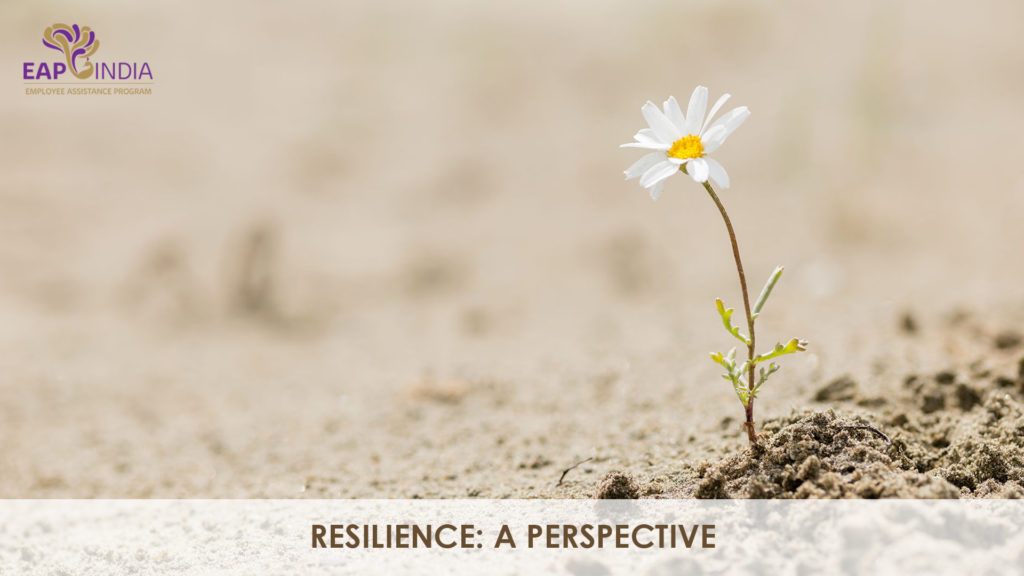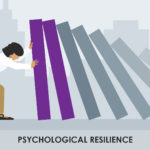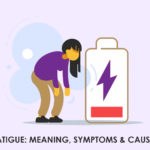What Is Resilience?
When faced with a problem, resilience is how well a person can adapt to the trials and events in their life. The problems faced could vary from a school or work problem, a relationship issue, natural disaster, health concern and even a tragedy.
Resilience is often used interchangeably with the term “mental toughness”. The truth is they should not be used interchangeably since they mean different things.
“All mentally tough individuals are resilient, but not all resilient individuals are mentally tough” (2015)
-Doug Strycharczyk
What Being Resilient Means?
Resilience doesn’t mean the person doesn’t feel the intensity and pressure of the event.
Resilience is about how you recharge and not how you endure the events. It means that one finds a great method of dealing with problems. Everybody has resilience and how much and how it is used is on an individual’s life.
A person with high resilience will be able to get back up quicker and with less of a difference than those who are less resilient. What we mean by this is that the intensity and obstacle faced by the person will be the same as what others would face in the situation but the highly resilient person will still consider it less of a trouble and the amount of stress he will take will be less compared to one who has less resilience.
Resilience is something that can be learnt, built and demonstrated, thus it’s good to learn what it is as it plays an important role in everyone’s life, especially our own.
Few indicators of resilience, included by frameworks of APA
- The capacity to make realistic plans and take steps to implement them.
- A positive view of yourself and confidence in your strengths and abilities.
- Skills in communication and problem-solving.
- The capacity to manage strong feelings and impulses.
Reasons Why Resilience Is Great To Have
- Greater resilience leads to improved learning and academic achievement.
- It contributes to a reduction in risk-taking behaviour including excessive drinking, smoking, and drug use.
- Those with greater resilience tend to be involved in the community and/or family activities.
- Higher resilience is related to a lower rate of mortality and increased physical health (2015).
Research On Resilience
An increase in resilience, according to studies is seen to take place more in supportive family and friend relationships. As research shows that relationship among friends helps increase resilience too, it completely means to say that one needs to have a strong network of friends/supporters and not just a huge number on your Facebook friends list or any other social media. The reasons being you don’t just form these relationships out of thin air but as it is mentioned above it is about having a supportive relationship.
Building Resilience
Building Resilience will take time; one may seek help from a therapist and could explore more on this route.
Resilience building just takes place naturally as childhood environment and family situations that one grows in may either help one have a good amount of resilience or a low amount of resilience. It is still not solely based on family and your childhood environment, there are a lot of other factors too that form your resilience.
Conclusion
As someone who has just started of with understanding what resilience is and exploring your resilience, it would be great to read up more on how it is initially formed, and just read more on the topic to get a better understanding of the topic since as we said in the beginning people tend to use other terms interchangeably even when they don’t mean the same. The best way, therefore, is by reading a lot on this topic and questioning healthcare professionals and those who deal with resilience in specific.




